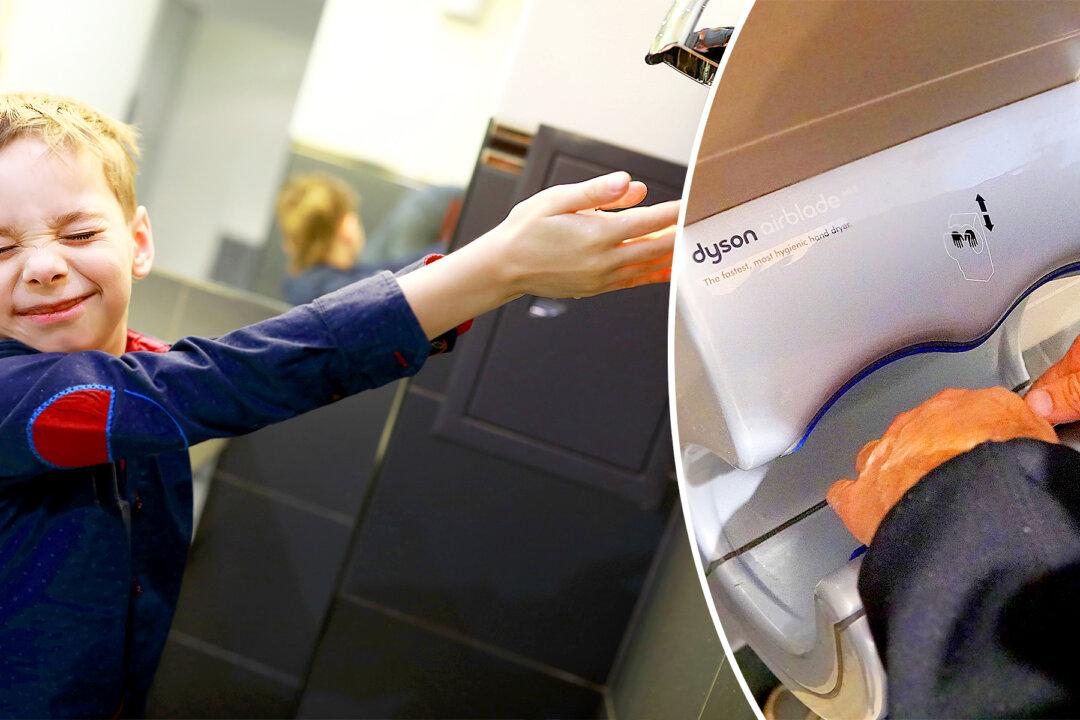When we think of things that could be harmful to a child’s ears, loud music is likely the first thing that comes to mind. But hand dryers? Could public restroom hand dryers really be harmful to kids’ ears?
Hearing plays a major role in a child’s development. Hearing loss at a young age can have a negative impact on a child’s speech, social skills, and ability to balance. Damage to a child’s ears can even lead to permanent learning disabilities and challenging behavior problems.





